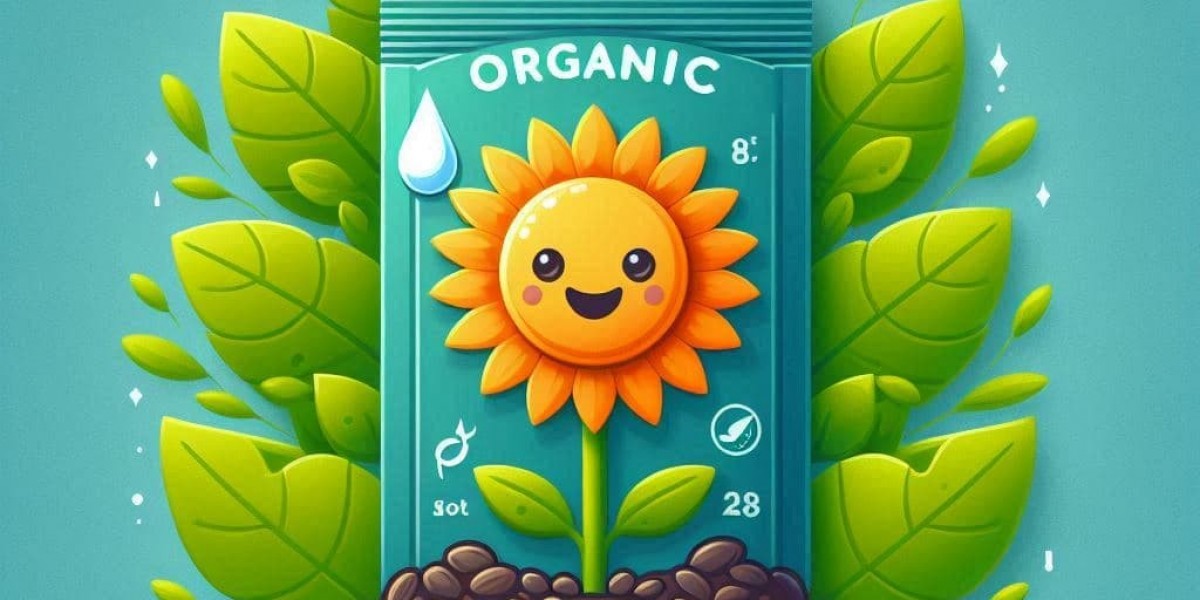In recent years, the cultivation of weed in the Amazon region has become a topic of increasing interest. While the Amazon is traditionally known for its vast biodiversity and dense rainforests, the rise of cannabis cultivation in this area is drawing attention from both local farmers and international markets.
Why the Amazon?
The Amazon Weed Seeds rainforest is one of the most fertile regions in the world. Its rich soil, abundant rainfall, and warm climate make it an ideal location for growing a variety of crops, including cannabis. Additionally, the remoteness of many areas within the Amazon provides a level of privacy that some cultivators find appealing. This isolation allows for large-scale operations to go unnoticed by authorities or competitors, making it an attractive option for those looking to grow weed on a commercial scale.
The Legal Landscape
It's important to note that cannabis cultivation in the Amazon is not universally legal. Different countries that share the Amazon basin, such as Brazil, Peru, and Colombia, have varying laws regarding the cultivation and sale of cannabis. In some areas, the cultivation of cannabis is strictly prohibited, while in others, there are emerging legal frameworks that allow for medical or even recreational use. This patchwork of regulations creates a complex environment for growers, who must navigate both local and international laws.
Environmental Concerns
One of the most significant concerns surrounding cannabis cultivation in the Amazon is its potential impact on the environment. The Amazon rainforest is often referred to as the "lungs of the Earth" due to its role in absorbing carbon dioxide and producing oxygen. Deforestation, which is sometimes linked to illegal cannabis cultivation, poses a serious threat to this delicate ecosystem. Clearing land for cultivation can lead to soil erosion, loss of biodiversity, and disruption of local water cycles.
However, some proponents of cannabis cultivation argue that it can be done sustainably. By using organic farming methods and avoiding deforestation, growers can minimize their environmental impact. Additionally, cannabis is a relatively low-water crop compared to other agricultural products, which could make it a more sustainable option in the long term.
Economic Opportunities
For many local farmers, cannabis cultivation represents a new economic opportunity. Traditional crops such as coffee and cocoa have faced fluctuating prices and market instability, leading some farmers to explore alternative sources of income. Cannabis, particularly for the medical market, can command high prices, making it an attractive option for those looking to improve their livelihoods.
In some cases, governments and NGOs are working with local communities to develop legal cannabis cultivation programs. These initiatives aim to provide farmers with the resources and knowledge they need to grow cannabis sustainably and in compliance with local laws. By doing so, they hope to create a legal and profitable industry that benefits both the local economy and the environment.
The Future of Amazon Weed Cultivation
As the global cannabis market continues to grow, it's likely that the Amazon will play an increasingly important role in its cultivation. However, the future of this industry will depend on a variety of factors, including changes in legal frameworks, environmental considerations, and market demand.
For now, the cultivation of weed in the Amazon remains a complex and evolving issue. While it offers potential economic benefits for local farmers, it also raises important questions about sustainability and the protection of one of the world's most vital ecosystems. As this trend continues to develop, it will be crucial for stakeholders to work together to ensure that cannabis cultivation in the Amazon is done in a way that benefits both people and the planet.
Conclusion
Amazon weed cultivation is a growing trend that reflects broader changes in the global cannabis industry. While the Amazon offers ideal conditions for growing cannabis, the legal, environmental, and economic challenges are significant. By addressing these challenges in a thoughtful and sustainable way, it may be possible to create a thriving cannabis industry that supports local communities and protects the environment.



